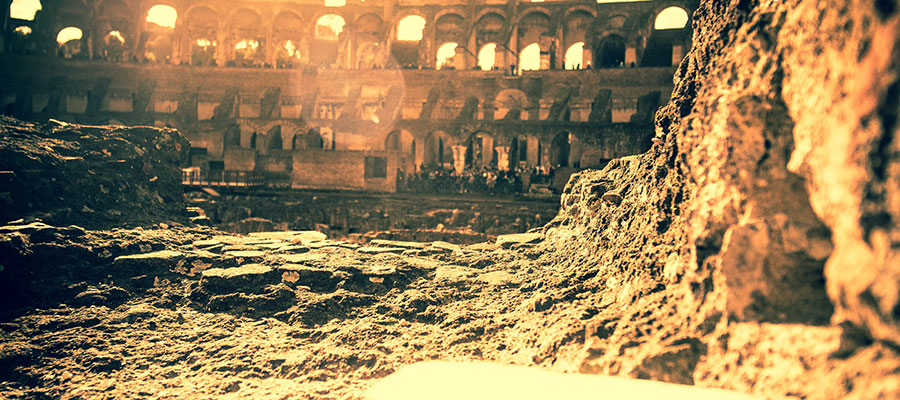Rome: Fire and Blood – A Cinematic Journey into Power, Betrayal, and Legacy

The film Rome: Fire and Blood emerges as a gripping historical epic that brings to life the grandeur, brutality, and intrigue of ancient Rome. Set against the backdrop of one of the most turbulent eras in Roman history, the movie explores themes of ambition, loyalty, and the high cost of empire. With its lavish production design and layered storytelling, it has quickly become a subject of fascination among fans of historical drama and epic cinema.
At its core, Rome: Fire and Blood focuses on the turbulent reign of an emperor caught between maintaining absolute power and the growing unrest among the people and senate. The narrative follows both the ruling elite and the common citizens, offering a dual perspective on Rome’s splendor and decay. The film weaves together political conspiracies, bloody battles, and intimate personal struggles, giving audiences a panoramic view of a civilization that shaped the world.
Visually, the film spares no effort in recreating the majesty of ancient Rome. Colossal sets replicate the Forum, the Colosseum, and the palaces of emperors with meticulous detail, while sweeping shots of the Roman legions in battle showcase the scale of the empire’s military might. The production team employed a mix of practical effects and cutting-edge CGI, resulting in sequences that are both authentic and breathtaking. Every costume, weapon, and architectural feature contributes to a sense of immersion, transporting viewers directly into the heart of the ancient city.
The performances are central to the film’s power. The lead actor portrays the emperor as both a ruthless ruler and a man haunted by doubt, torn between legacy and morality. His descent into paranoia and brutality is countered by strong supporting roles: a general loyal to the empire yet questioning its direction, a senator secretly plotting rebellion, and a woman whose intelligence and ambition place her at the center of the unfolding drama. These performances ensure that the narrative is not merely a tale of war and politics, but also a deeply human story of love, betrayal, and resilience.
Beyond spectacle, Rome: Fire and Blood also addresses timeless questions about the nature of power and the fragility of civilization. The title itself symbolizes both the glory and the destruction that Rome embodied. Fire represents the city’s brilliance, culture, and innovation, while blood reminds audiences of the sacrifices, violence, and corruption that underpinned its rise. The screenplay balances the grandeur of history with emotional depth, ensuring that while audiences are dazzled by the epic scale, they are equally moved by the human cost.

Critics have praised the film for its ambition and scope, comparing it to classic historical epics while recognizing its modern sensibility. The battle sequences are visceral and unflinching, while the political intrigue rivals that of any contemporary thriller. Yet it is perhaps the quieter moments—the whispered conspiracies in candlelit chambers, the moral debates in the Senate, the anguish of families torn apart—that linger longest in the memory.
Ultimately, Rome: Fire and Blood is more than just a historical epic; it is a meditation on the cycles of power and downfall that define human history. By blending spectacle with substance, the film stands as both an entertainment triumph and a reminder of the enduring relevance of Rome’s story. For audiences seeking a cinematic experience that combines breathtaking visuals with profound themes, Rome: Fire and Blood offers a journey into the heart of one of history’s greatest civilizations.

